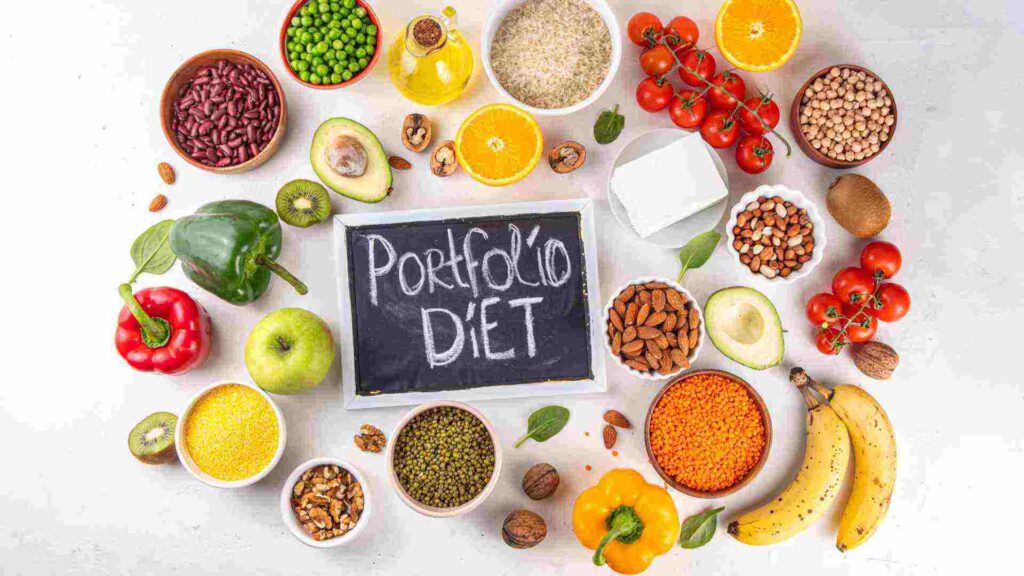Discover comprehensive information for all aspects of sexual health and find resources and guidance to empower your sexual well-being.
Erectile dysfunction (ED) is a condition that affects many men worldwide, leading to significant stress,…
Discover comprehensive information for all aspects of sexual health and find resources and guidance to empower your sexual well-being.
Erectile dysfunction (ED) is a condition that affects many men worldwide, leading to significant stress,…
Painful erections never indicate normalcy, and sometimes signal a medical emergency. Severe pain may necessitate…
Sleep-related painful erection (SRPE) is a rare condition where people get painful erections while they’re…
Achieving and maintaining a strong penile erection is a common concern for many men. It…
Erectile dysfunction (ED) is a condition that many men face at some point in their…
The underlying cause as well as the severity of pain determine the varied treatment approaches…
Prostate health is a critical concern for men, especially as they age. The prostate gland…
The Portfolio diet is designed to lower “bad” LDL cholesterol levels. Unlike most other diets, it does not impose strict rules or restrictions on which foods to eat or avoid. Instead, it concentrates on a few key ingredients that research has shown to support healthy cholesterol levels.
Dietary Portfolio
Portfolio Dietary Pattern
Table of Contents
ToggleDr. David J.A. Jenkins, a British physician credited with developing the glycemic index (GI), created the Portfolio Diet in the 2000s. It functions as a “portfolio” of four cholesterol-lowering foods, each with an approved health claim for cholesterol reduction.
The plan aims to lower cholesterol and boost heart health by including specific cholesterol-lowering foods in your diet.
It targets four key ingredients: soy protein, plant sterols, tree nuts, and soluble fiber.
It is claimed that increasing your intake of these foods significantly reduces cholesterol levels, providing protection against heart disease.
Related: Mediterranean Diet: Complete Scientific Guide and Meal Plan
All four ingredients endorsed in the Portfolio Diet actively reduce cholesterol:

Plant sterols are like the cholesterol in animals but are found in plants. They are abundant in oils, nuts, and leafy vegetables.
These sterols are not absorbed well by the body and seem to lower cholesterol levels by blocking the absorption of cholesterol from the small intestine. Consuming 1.5–3 grams per day could decrease LDL (bad) cholesterol by up to 12%.
Fiber has the ability to create a dense and sticky solution in the intestine, which hampers the absorption of fats and cholesterol. Studies show it can reduce total and LDL (bad) cholesterol by 5–10%.
Soy proteins contain isoflavones which lower “bad” cholesterol, and also promote overall heart health.
Most nuts, due to their fatty acid composition, have a tendency to lower “bad” cholesterol levels and increase “good” cholesterol. Additionally, they provide vegetable proteins and phytosterols, which could contribute to reducing blood lipids. Eating more tree nuts can reduce total cholesterol, LDL (bad) cholesterol, and triglycerides.

Several studies confirm the Portfolio Diet’s efficacy in decreasing cholesterol levels:
One review study compared the Portfolio Diet and the National Cholesterol Education Program (NCEP) Step II diet, revealing that combining both reduced various heart disease risk factors more than the NCEP Step II diet alone.
In another study, those with high cholesterol following the Portfolio Diet for 6 months experienced significant reductions in total and LDL (bad) cholesterol compared to a control group.
A 2005 study found the Portfolio Diet as effective as statins in reducing LDL (bad) cholesterol levels to below 3.4 mmol/L, considered healthy.
The Portfolio Diet operates on a simple principle: substitute specific foods with others proven to reduce cholesterol levels.
Here are the daily targets for each component:
If achieving sufficient soluble fiber or plant sterols through your diet is challenging, consider supplementing with psyllium fiber or plant sterols.

Here are examples of recommended foods on the Portfolio Diet:
While the Portfolio Diet doesn’t mandate the exclusion or restriction of specific foods, being mindful of certain items can enhance their potential heart health benefits. Consider limiting or avoiding:
Let’s dive into a one-week meal plan based on the principles of the portfolio diet.
Breakfast:
Lunch:
Dinner:
Breakfast:
Lunch:
Dinner:
Breakfast:
Lunch:
Dinner:
Breakfast:
Lunch:
Dinner:
Breakfast:
Lunch:
Dinner:
Breakfast:
Lunch:
Dinner:
Breakfast:
Lunch:
Dinner:
The Portfolio Diet aims to lower cholesterol by incorporating plant sterols, soy, nuts, and fiber into your eating routine. Research indicates its potential to reduce cholesterol levels and enhance heart disease risk factors.
References
Dr. Nishtha, a medical doctor holding both an MBBS and an MD in Biochemistry, possesses a profound passion for nutrition and wellness. Her personal journey, marked by significant struggles with physical and mental health, has endowed her with a unique empathy and insight into the challenges countless individuals face. Driven by her own experiences, she leverages her background to offer practical, evidence-backed guidance, empowering others on their paths to achieving holistic well-being. Dr. Nishtha truly believes in the interconnectedness of the mind and body. She emphasizes the significance of understanding this connection as a crucial stride toward attaining balance and happiness in life.


1 Comment
Generally I do not learn post on blogs, however I wish to say that this
write-up very forced me to check out and do so! Your writing style
has been surprised me. Thanks, very great post.